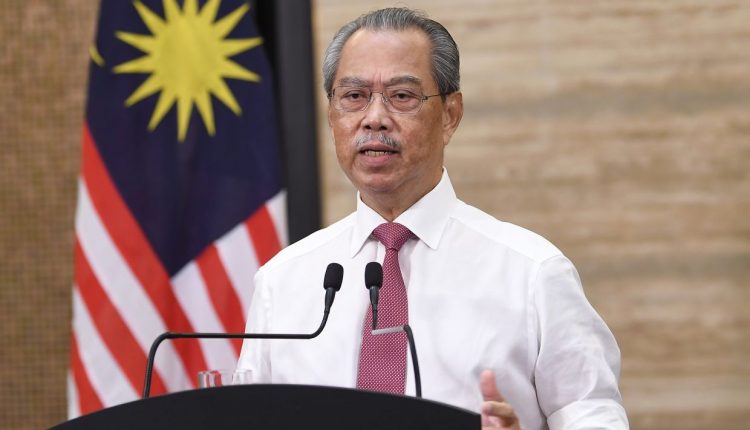KUALA LUMPUR: Malaysia wants to explore new cooperation on the environmental, social, and governance (ESG) framework with Japan under the Look East Policy (LEP), says the Prime Minister.
Datuk Seri Ismail Sabri Yaakob said the World Economic Forum’s Global Risks Report 2022 stated that issues such as climate change, social impact due to an ageing population and social polarisation due to the Covid-19 pandemic were expected to adversely impact most countries over the next decade.
“I urge that new areas of cooperation related to ESG be explored by both countries through projects and programmes implemented under the LEP.
“This includes diversifying cooperation in the field of disaster crisis, ageing society, digital economy, science, technology and innovation as well as green growth,” he said in his speech read by International Trade and Industry Minister Datuk Seri Azmin Ali in conjunction with the LEP’s 40th anniversary event held at a hotel here yesterday.
The Malaysian government adopted the LEP in 1982, and targeted social and economic development in the country through learning from Japan.
Ismail Sabri said four decades of successful cooperation between Malaysia and Japan were now centred on new areas in line with the technological revolution that brought changes to the industrial and global economic landscape.
He said cooperation in fields such as artificial intelligence, robotics, autonomous systems, and the Internet of Things (IoT) in which Japan has high expertise, needed to be improved to ensure the sustainability of the Look East Policy for the period ahead.
“I hope the Japanese government will provide continuous support to encourage more cooperation through the implementation of joint-venture projects under the LEP,” he added.
Ismail said as a pioneer in the global halal industry, Malaysia can help Japan develop its halal industry.
“Malaysia as a pioneer in the global halal industry can certainly help Japan which has a high interest in developing its halal industry.”
Ismail Sabri also suggested that both countries explore cooperation to resolve problems related to supply chains, adding that during a meeting with Japanese Prime Minister Fumio Kishida in May, he called for regional supply chains to be strengthened with supporting investment in digital infrastructure.
He said simplifying capacity development would strengthen the resilience of local supply chains.
Later, Azmin told reporters that Malaysia had developed and implemented an ESG-based investment policy to ensure sustainable economic development and supply chain resiliency, which had become an issue due to the pandemic.
He said Malaysia’s participation in the Indo-Pacific Economic Framework for Prosperity (IPEF) could assist in capacity development and technical assistance needed to encourage the adaptation of automation and digitalisation.
“In addition to this, Miti has also introduced many incentives so that our SMEs can immediately switch to using green technology, and this will continue so that we can achieve the goal (net-zero Greenhouse Gas (GhG) emissions target) that has been set by 2050,” he said.-The Star

